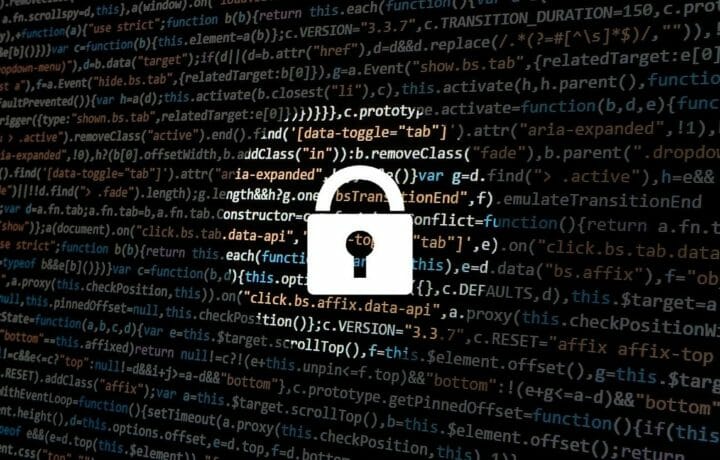When we learned of Chinese insider Hongjin Tan’s $1 billion theft of trade secrets from the Phillips 66 Research Center in Bartlesville, OK, we shared the news and waited to learn more. This week, the Department of Justice (DoJ) announced Tan’s guilty plea.
In Tan’s plea, he acknowledged his guilt to three Title 18 criminal code violations:
- Count one – Theft of Trade Secret
- Count two – Unauthorized Transmission of Trade Secret
- Count three – Unauthorized Possession of Trade Secret
Theft of Trade Secret
Tan copied files he had access to as a scientist with Phillips. In his plea, he acknowledged that he knew what he was taking was a protected trade secret to which he had no claim of ownership. Tan acknowledged that he intended to use the trade secrets for economic benefit, and he transmitted the trade secret outside of approved channels to those without a need to know or authorization.
Tan explained in his plea agreement, “As part of my work on flow batteries, the copying and downloading of research and development materials was not required for my work or authorized by “Company A” (Phillips) policy. In fact, the copying and downloading was contrary to Company A policy of which I had been made aware and agreed to follow.” With this statement he acknowledged that the trade secret had been protected by Phillips, and that he knowing stole it.
He accomplished the theft, undetected, in the most simple fashion possible.
“On December 11th I used a thumb drive to copy certain Company A files, including files identified in the charging documents,” Tan described. “On December 12, I provided Company A with notice of my resignation. Later that day…I contacted my manager to discuss a personal thumb drive I had in my possession containing intellectual property belonging to Company A.”
He then admitted to having copied those files to a personal hard drive at his residence.
The insider’s guilt
Tan’s lawyers fought the admissibility of the information concerning Tan’s possession of trade secrets uncovered during a warranted search. They lost their appeal, and the smoking gun of Tan’s retention of trade secrets was cemented.
In the initial review of this case we detailed how the criminal complaint (December 2018) placed the value of the trade secrets at greater than $1 billion, believed to be associated with large-scale battery technology.
Initially, it appeared the company’s insider threat program was hard at work and resulting in dividends – the discovery of Tan’s actions. This may have been an overstatement, as we learned from the court documents and plea agreement that Tan’s accessing information to which he had no “need-to-know” was not discovered when it occurred, nor probably would have been discovered until a future date in time when Phillips was scratching its head how China had leapfrogged in the race for more efficient large-scale battery technology.
Tan essentially waved an amber banner of warning when he approached his manager and announced that he was departing. – and that he had plans to return to China, along with a thumb drive in his possession. He was terminated then, and not allowed to continue to his proffered last day. It was only then that Phillips dug into Tan’s activities and discovered his unauthorized access the prior day. They then contacted the FBI.
Had Tan simply left, Phillips would still be chasing their technology into China.
Insider threat programs need to be proactive in detecting the unscrupulous behavior of their employees who choose to break trust. In this case, an astute and aware manager saved Phillips billions of dollars – an insider program win, but one which seems more accidental than earned.




